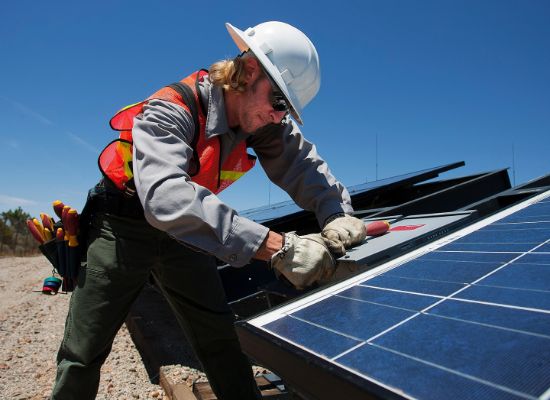Solar Energy Installers Strand to Somerset West
Are you tired of an enormous electricity bill? Is load shedding killing your business?
Do you never know when the power is going to die on you? If you answered yes to any of these questions then you might be thinking of a Solar Power Installation. Our Solar Power Installers offer
- High-quality equipment at an affordable price.
- Professional installation complying with all South African standards
- 15 – 25 year equipment lifespan with guarantees
If you are thinking of getting a solar installation contact Solar Energy Installers today by completing our online form and we will connect you with a leading Solar energy provider in Strand to Somerset West and surrounding areas:
Cape Town City | Stellenbosh | Paal | Franschhoek | Durbanville | Belville | Blouburgstrand | Somerset West | Strand | Constantia | Brackenfell | Fish Hoek | Goodwood | Hout Bay | Milnerton | Muizenberg. Amanda Glen | Belhar | Bellair | Beroma | Bloemhof | Blommendal | Blomtuin | Bosbell | Boston | Chrismar | De la Haye | Door de Kraal | Eversdal Glenhaven | Greenlands | Groenvallei | Heemstede | Hoheizen | Kanonberg | Kenridge | La Rochelle | Labiance | Loevenstein | Mimosa | Oakdale | Oakglen | Oude Westhof | Protea Valley | Ridgeworth | Rosendal | Stellenberg | Stellenridge | Stellenryk | Stikland | Tygerberg Hills. Bergsig | Durbanville Hills | Durmonte | Eversdal Heights | Everglen | Goedemoed | Klein Nederburg | Langeberg Village | Proteaville | Rosedale Estate | Skoongesig | Sonstraal | Sonstraal Heights | The Crest | Valmary Park | Vierlanden AH | Vygeboom | Welway Park East
What Is Solar Energy?
Solar energy produces renewable or “green” energy by harnessing the rays of the sun. Solar panels, also known as photovoltaic cells, are the most popular way of harnessing solar energy.
In PV power plants they are practically placed edge-to-edge on a large piece of barren earth
These are also the panels that you will notice on the roofs of houses and other buildings. Semiconductor materials are used to make the cells. The sun’s rays strike the cells and dislodge the electrons from their atoms. This makes it possible for electrons to move freely within the cell and produce electrical energy.
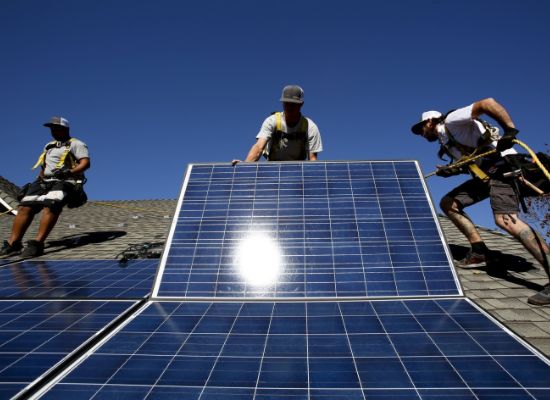
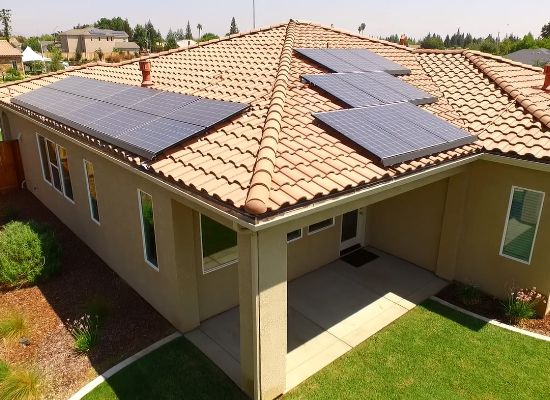
Secondly, there are also solar thermal solutions that use the energy of the sun to heat water or other liquid solution that can then be used to heat a house or property or produce steam that can then be used to turn a turbine that produces electrical energy.
In general PV cells or photovoltaic cells will be used when generating electricity on a small scale like for home or business solutions.
Solar Panel PV Systems for Homes and Businesses are cheaper and more obtainable than ever before.
The simplest option is a battery and inverter system, which will provide your necessary electrical demands over a few hours to cover load-shedding before needing to be recharged. However, if you use grid power to recharge it, you’ll pay the same price for grid electricity and an additional premium for infrastructure to store it and use it in case the grid isn’t working properly. For this reason, whether you only want to replenish a battery and inverter system that supplies power during load-shedding, or you’re thinking about moving off the grid completely, it’s worthwhile to invest in photovoltaic solar panels that convert sunshine into electricity.
Solar energy system installation is now much more reasonable than you might expect thanks to quick technological advancements.
Modern PV panels have a much longer lifespan than previously with a 15-year lifespan becoming the norm and some products offering a 25-year guarantee.
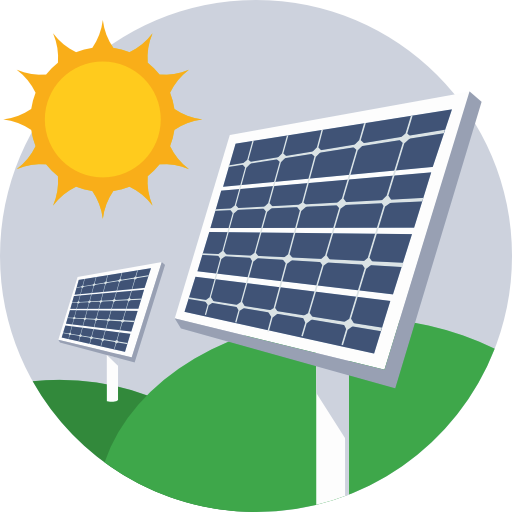
Load shedding solution for sale in Strand to Somerset West
Sometimes it can make sense to start by setting up a system merely to cover your essential power requirements during load-shedding. Scaling up to a full solar conversion is possible by later adding solar panels and additional batteries to the system.
To give you an idea, a certified installation for a backup solution that would offer 4 -6 hours of power will run you about R90,000 for low-use families, R100,000 for medium-use households, and up to R150,000 for high-use households. When the grid fails, a battery backup will seamlessly switch over to backup power.
The battery backup typically has enough power to run your lights, refrigerator, freezer, and necessary plugs, but not heating appliances like ovens, toasters and electrical heaters. However, keep in mind that the expenses mentioned are for a battery backup only that is powered by the grid, not a solar panel.
Installing a backup solution that can be expanded into a full solar solution has become increasingly popular in South Africa due to extensive load shedding.
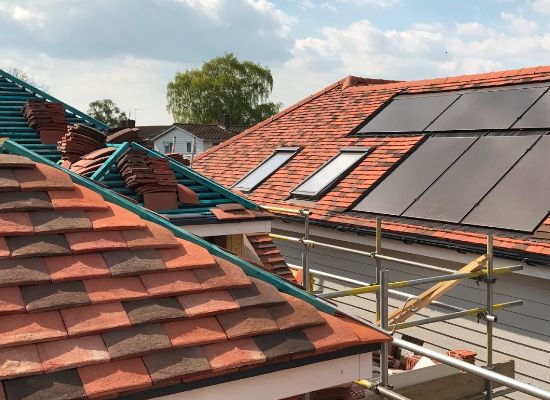
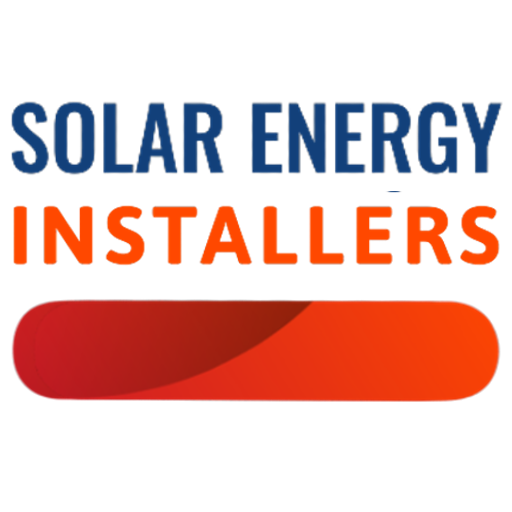
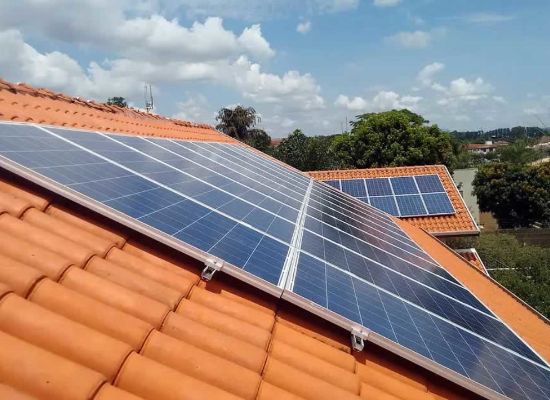
Home Solar Panel PV Systems in Strand to Somerset West
A home solar system needs to provide enough electricity to meet all of the needs of a house. It should also be able to supply AC power, as AC electricity is typically used in houses to power lighting systems, electronics, appliances, and tools including computers, mixers, fans, air conditioners, TVs, and music systems.
Essential components of a Home Solar System
A home or business Solar System comprises several components namely:
- In order to absorb as much solar energy as required, there must be a sufficient number of solar panels. A typical household solar panel generates about 300 watts in an hour of direct sunlight, which means that on an average summer day with 10 hours of sunlight, it may generate roughly 3000 watts or 3 kWh.
- The system needs a battery that can store electric power for usage at night or for instances where power from the grid is lost. The battery capacity will vary depending on your requirements if you only require a few hours of standby when load shedding occurs the requirements will be a lot less than that of an off-grid system that will provide a home with all its energy needs.
- The system needs an inverter to convert the DC power generated to AC power so that it can be used by the appliances or devices in the home. The higher the energy requirements the bigger the inverter needs to be.
- You will also need a charging regulator that regulates the current that comes from the solar panels so that the charging of batteries can happen at a steady voltage and current. In modern systems, the ACDC Inverter and the Charging regulator are often combined into one unit that is responsible for the control of the whole system.
- To convert the energy into a useful form, the entire home solar power system is integrated with suitable cabling.

Calculating Solar System requirements for your home or business.
When calculating the size of a Solar system you should determine the following:
- How much AC electricity the home or company will need must be calculated. The best indication of this is the highest monthly electricity bill from the previous year. The bill includes information about how much electricity was utilised during the month. By dividing the units by the total number of days in the month, it is possible to determine the daily usage. If the highest usage was 450 units in November 2018, then the daily requirement would be 15 units, given that the consumption is 15 units or kWh.
- Secondly, you need to decide what is the goal of the Solar System. Do you want the system to only be a backup during load shedding or would you like to be completely off the grid? If you only want the system to act as a backup when you are experiencing load shedding you should determine the maximum power usage during a load-shedding period. This can then be used to determine the maximum supply and storage capacity of your Solar System.
- Next, you should determine how many Solar panels you will require to generate the amount of electricity required you can determine this by utilizing the rating from your solar panel and multiplying it by 6. For instance, if you require 20kWh each day and you utilize 400w solar panels (400w x 12 hours daylight / 2 for redundancy for cloudy and rainy days) each panel will be able to provide 2400wh or 2.4kWh per day. 20kWh divided by 2.4kWh equals 8.3333 panels so 9 panels just for extra redundancy.
- The amount of space required to install the Solar Panels is the number of panels required multiplied by the area each panel requires. 1.59m2 x 9 = 14.31m2 (assuming the solar panel is of size 162 x 98 centimetres = 1.59m2 approximately). Most homes or businesses can accommodate solar panels on their roof or their backyard.
- The solar panels should ideally be placed facing south to maximize the fall of sunlight on them.
- The size of the inverter should be calculated by calculating the total current that will be used when the system is running on solar. This can be done by adding the maximum input current of all the devices that need to run at the same time. For instance you might have a 2100w Drill and 2400w Welder and a 200w TV that all need to be powered at the same time. The total output required will be 4700watt or 4.7kW
- Next, a battery Should be selected with twice the capacity of one period of use whether this period is one day or a few hours we should have double the capacity of the period you want the solar system to operate.

Extending your home loan to finance a solar conversion
One option for financing a solar installation is to obtain a home loan extension. Home loan extensions are a great option for installing solar systems as you will start to save right away on your electricity bill and it might cover up to 70% of the increase in monthly home loan instalments and as time goes by this number will increase.
- Between 2010 and 2020, the cost of grid power increased by about 170%, and 1 kWh currently costs almost three times what it did 11 years ago. Any decrease in the amount of electricity you need to purchase from the grid represents a significant saving because it’s likely that the price will climb at that rate for the next 10 to 15 years as well.
- If you installed a Solar System in 2007 when load shedding first appeared the system would have already paid for itself and you would not have experienced any of the inconvenience associated with load shedding
- With load shedding expected to only get worse for the next 10 – 15 years the solar system will pay for itself and spare you the inconvenience in the meantime.
However, keep in mind that over the loan period, interest rates could increase, rising your monthly payments and increasing the cost of the loan. Even though it would take longer before the system would pay for itself, you still end up with a system giving you free power, which will result in consistent savings.
Solar Panel PV System Installations for Businesses in Strand to Somerset West
Solar energy is a plentiful, dependable, and renewable energy source. It is also the cleanest energy source currently known to man because it is almost pollution-free and can help a country lower its carbon emissions. Commercial buildings, like offices and other businesses, rely on electricity for the majority of their energy requirements. Because office buildings use a lot more energy during the day than at night, solar systems are an excellent choice for most commercial buildings as the majority of energy does not need to be stored.
The company’s operational costs can be reduced for the ensuing decades by switching to on-site power generation from a solar system. Solar panels and solar thermal panels can be used by offices and businesses for a variety of purposes, such as pre-heating ventilation air, water heating, solar cooling, lighting, and power.
The company can also demonstrate to its clients and shareholders that it is invested in a cleaner future by installing a solar system.
Reasons why Solar Systems for Businesses are becoming more popular than ever.
Every day, the usage of solar energy for both domestic and commercial purposes are increasing around the world. The popularity of solar panels for business applications has grown immensely over the last ten years. Here are a few reasons Solar Systems are becoming popular so quickly:
Great ROI
Solar solutions will not only increase the value of a property and also help your company save monthly on their Eskom bill.
Protects you against load shedding
A solar system can help you eliminate productivity losses due to load-shedding while saving you money each month on your Eskom bill.
Low Maintenance
If you install a premium Solar System from a Solar Energy Installers partner you can be sure that your system will last for many years to come with little to no maintenance
Lower initial cost
With all the new innovations and technological advances Solar Systems are becoming cheaper than ever before to install.
Brand Image
It can help show the world that your company is serious about reducing emissions and improving its environmental footprint.
Ever-rising cost of electricity
With the cost of electricity forever rising year on year now is a great time for companies to invest in a Solar Solution
Whatever your reasons are for installing a Solar System contact Solar Energy Installers and we will connect you with a leading Solar Energy installer in Strand to Somerset West.
Cost of a Solar Installation in Strand to Somerset West
The cost of a Solar System will vary depending on the intended purpose of the Solar System and the requirements of the Solar system. Let’s look at a few pricing scenarios:

